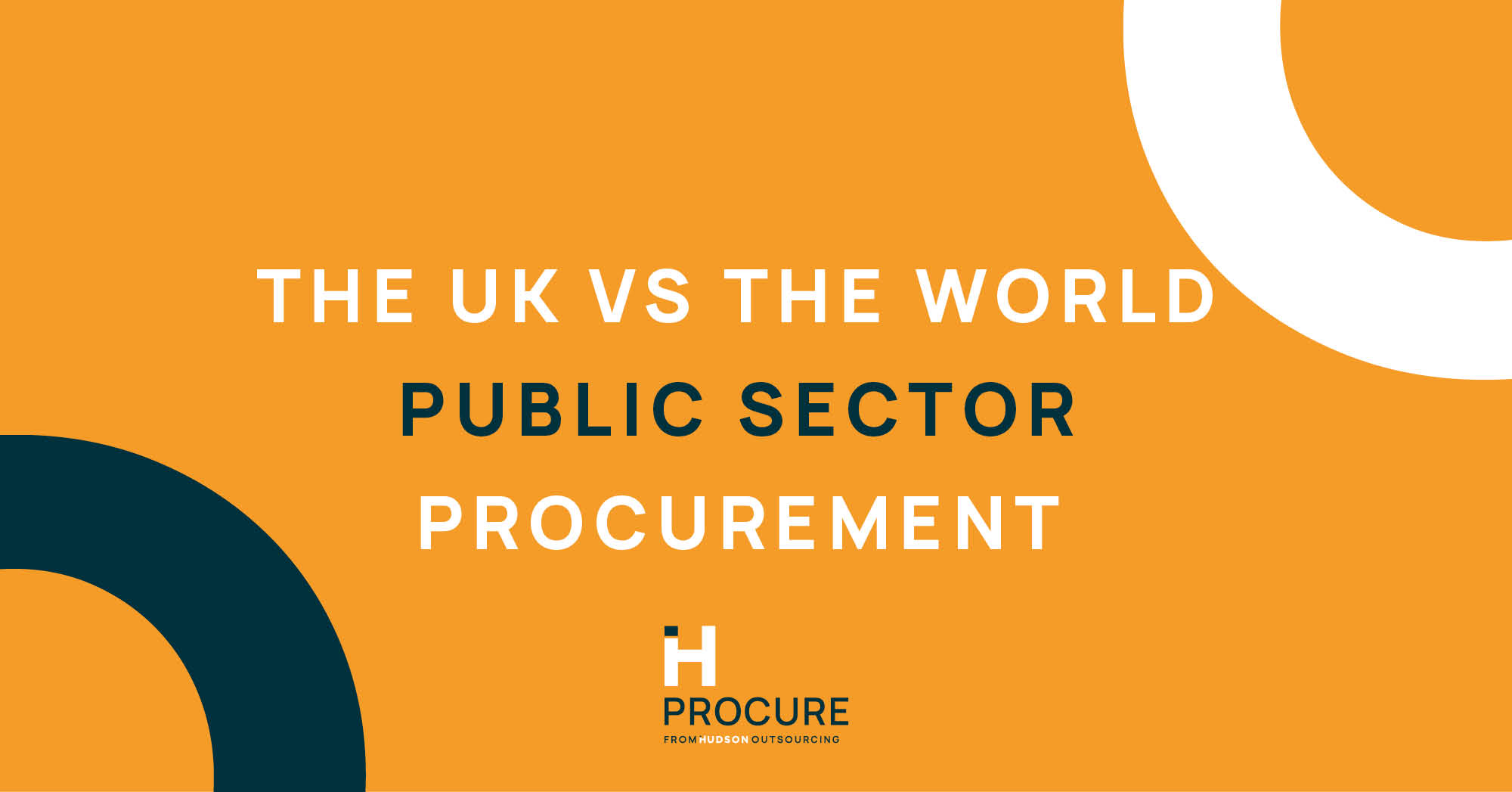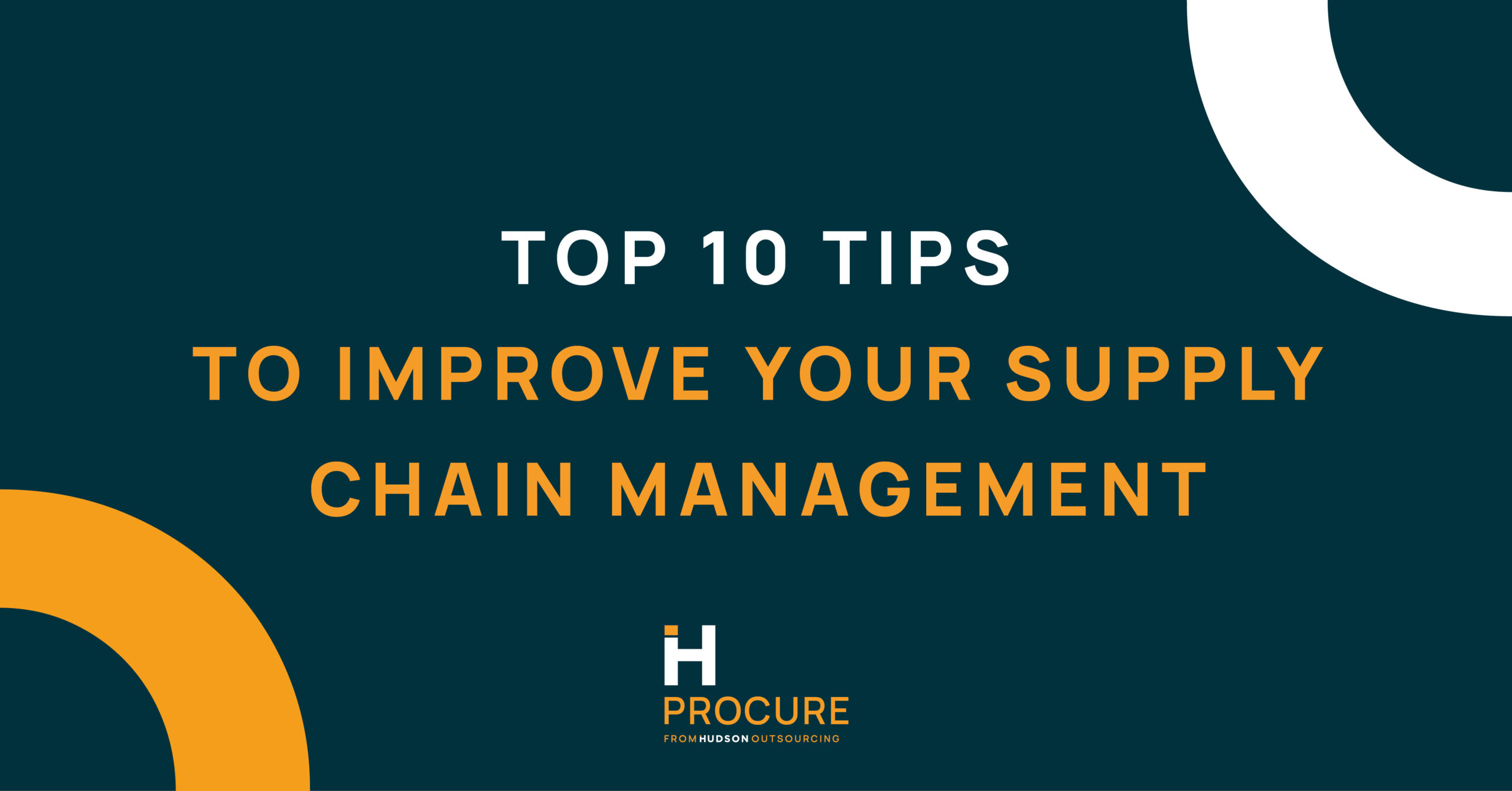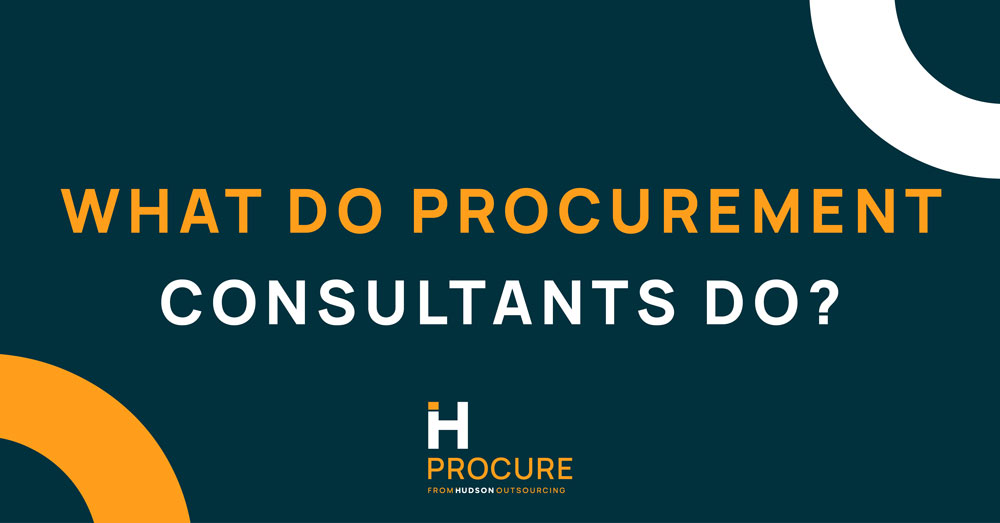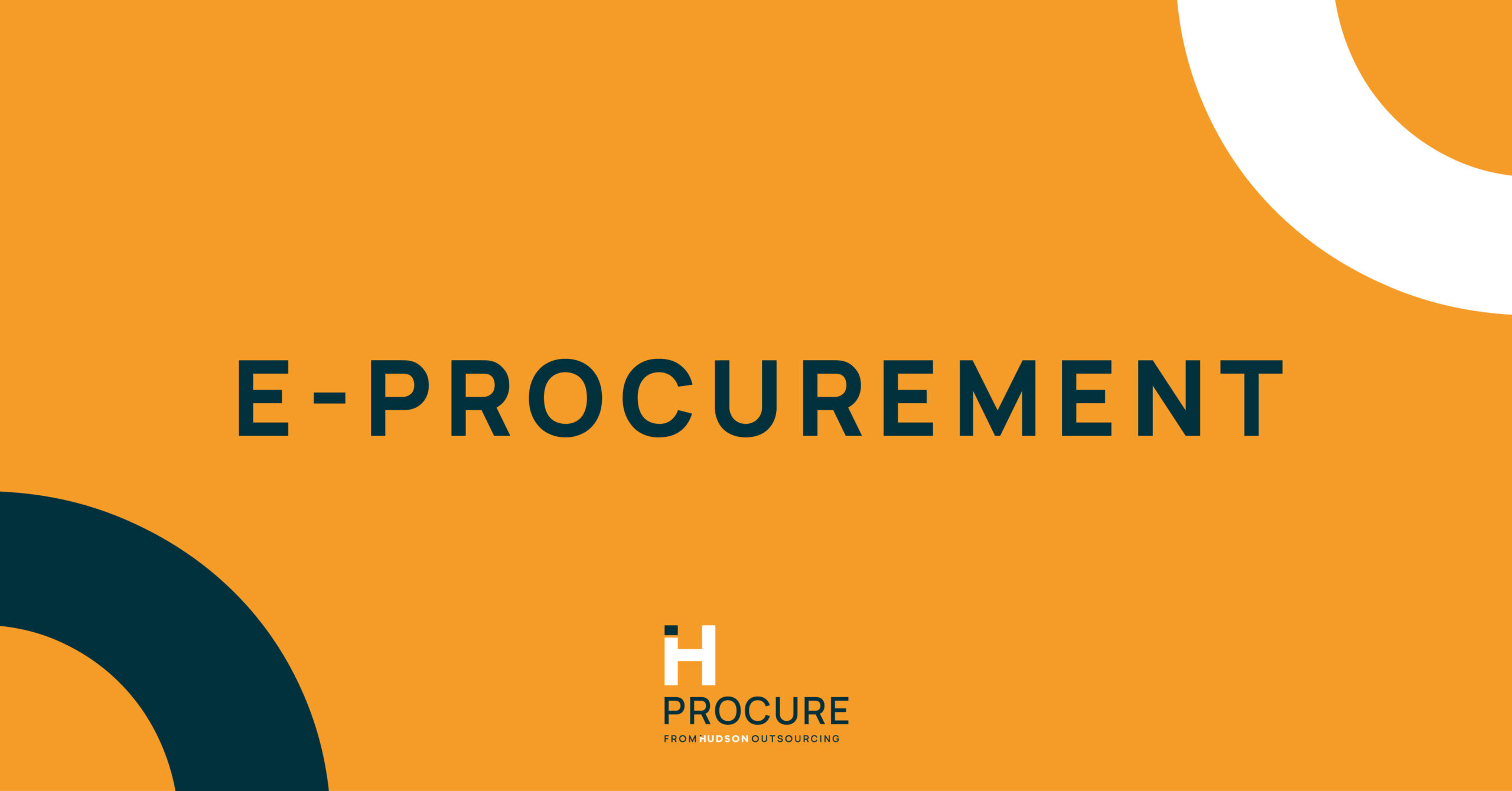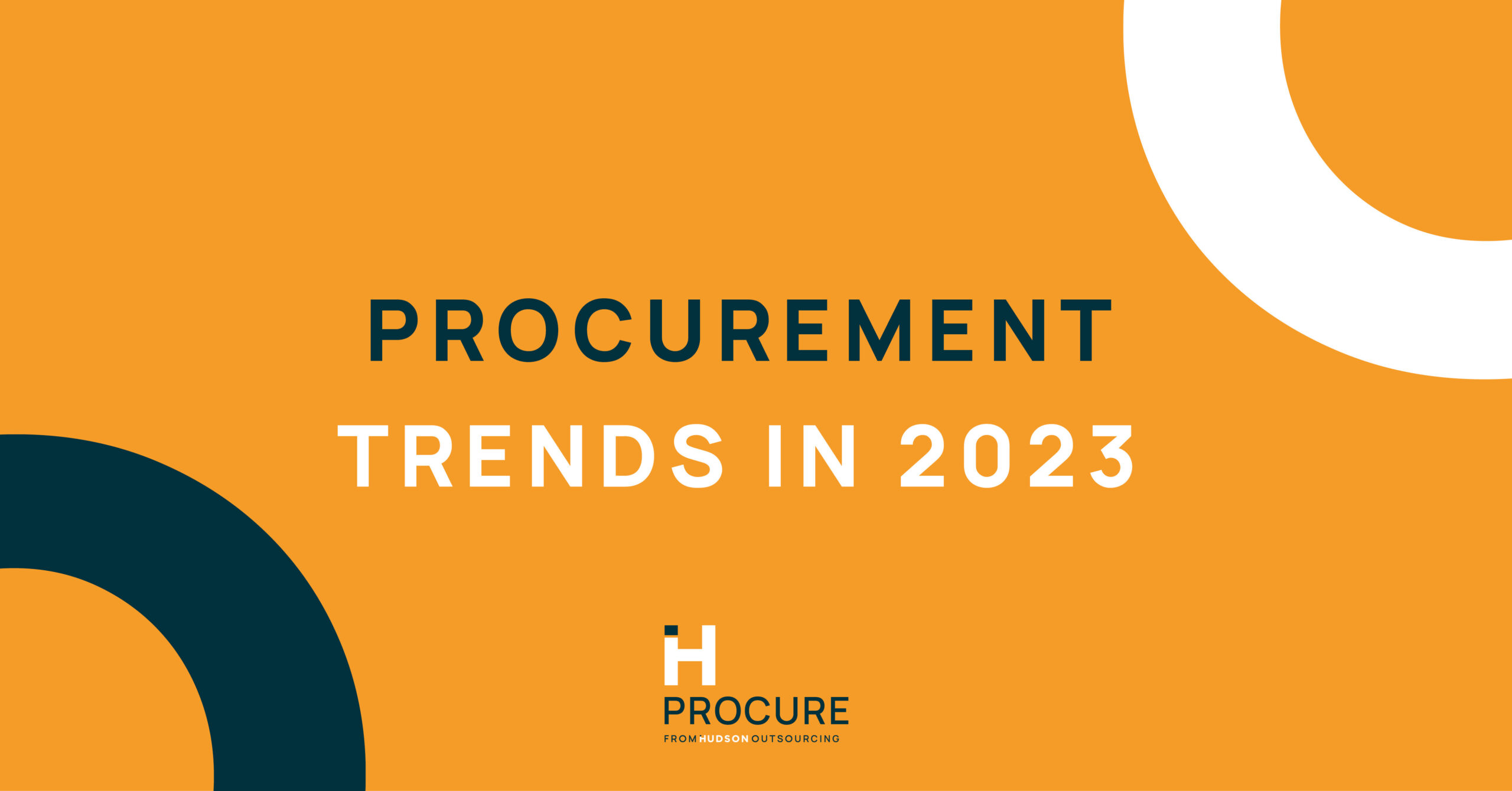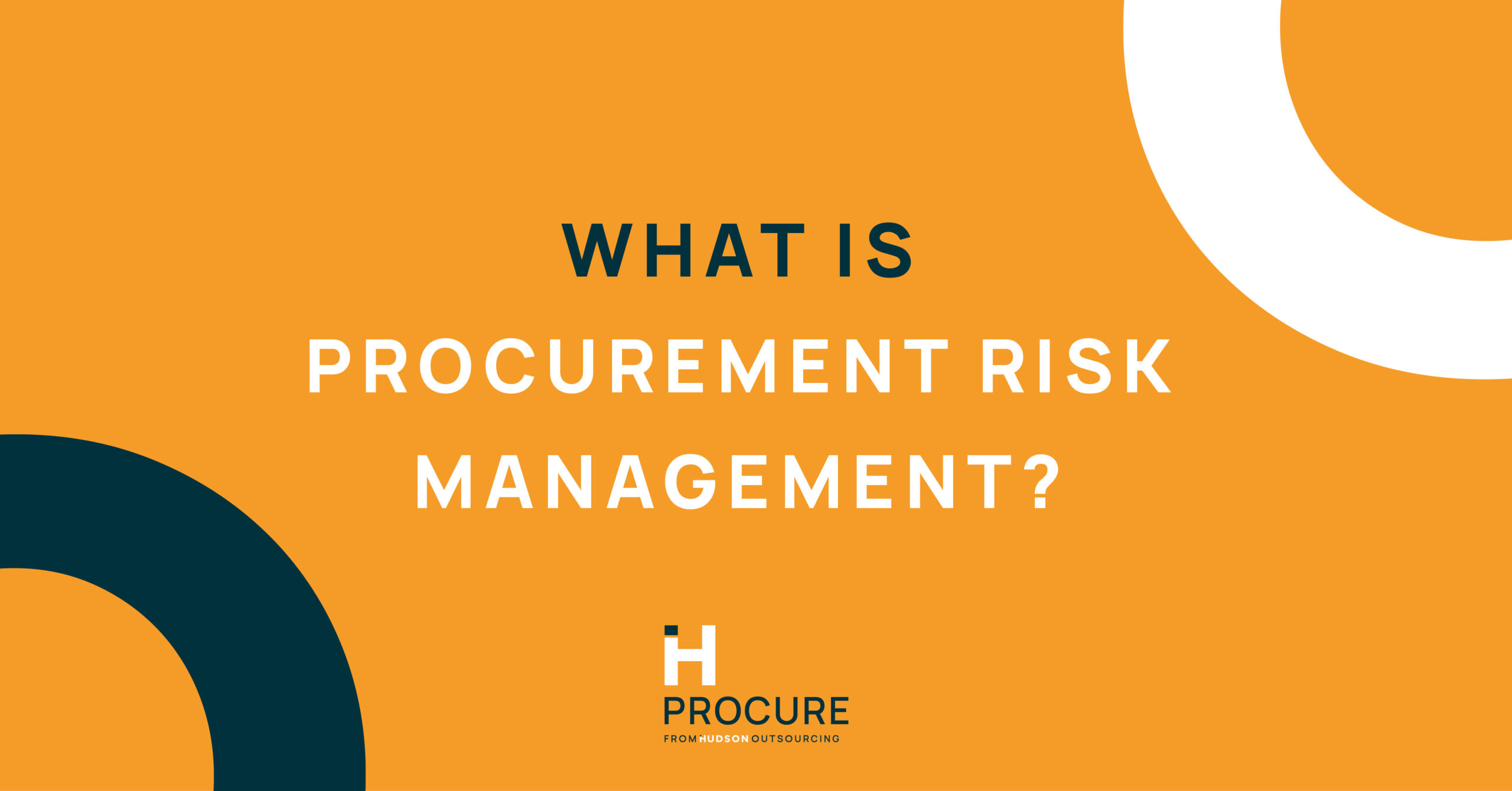The UK Vs the World – How Public Sector Procurement Is Carried Out in Other Major Countries
You may have preconceptions about the impact of Brexit. Perhaps it’ll induce a change in public sector procurement, especially when it comes to trade, acquisition, and supply.
But this couldn’t be further from the truth.
Experts forecast a broadening of the UK’s horizons and outlook, as it will be forced to seek opportunities further abroad. This will facilitate the growth of the UK as a global player on the world market. Hence, with big changes afoot, it is worth understanding a little more about the UK’s public sector procurement system. Alongside its procurement, knowing the UK’s outputs, objectives, methods, and motivations will become advantageous.
In this blog, we’ll compare the UK with other countries to see how others operate their public sector procurement system.
South Africa – Different aims
Arguably, the main aims of the UK’s public sector procurement are as follows:
- To ensure public money is spent as effectively as possible – to minimise waste.
- To ensure public contracts are as accessible as possible to a range of suppliers.
- To ensure openness, transparency, and justifiable decisions in the evaluation processes.
It’s safe to assume that all of the above points are considered by other countries. However, in South Africa’s case, it is interesting to note the important cultural and historical factors behind each aim.
After apartheid, public sector procurement in South Africa was of particular significance as a vehicle for promoting non-discriminatory practices. Most would state that procurement in South Africa is used to promote cost-effectiveness, transparency, and financial equitability. However, these aims are arguably secondary to its primary function as a tool for inclusivity and equality of opportunity. Since the Mandela administration took office in 1994, procurement is central in law with constitutional status as a compulsory practice. Its potential to recognise, address and prevent discriminatory practises and attitudes is now being fully exploited.
The UK
According to the Government Treasury, £357 billion was recorded for public procurement during the 2020/21 financial year across the UK. Often classified as works, goods & services, this enormous figure covers a variety of categories such as:
Works
- Building & maintenance of roads
- Infrastructure projects
- Hospitals
- Infrastructure projects.
Goods
- Office equipment
- Telecommunications equipment
- Hospital beds
- Military equipment.
Services
- Adult social care
- Waste management
- IT development & support.
The procurement process in the public sector can be complex, with multiple thresholds and procurement pathways to navigate. We’re here to clear the confusion. In this blog, we will take you through Public Sector Procurement. By the end, you’ll have a strong grasp on this form of procurement.
Do Wales, Scotland, and Northern Ireland have their own procurement policies?
Considering they are devolved powers, you would expect that they might have different procurement policies. All countries within the UK must follow the principles of the Public Contract Regulations (2015). However, they do have their own procurement principles.
According to the Common Framework for Public Procurement, they have “agreed to work together to establish common approaches or frameworks”.
Each country within the UK have agreed on the following principles:
- Enabling the functioning of the UK internal market, while acknowledging policy divergence
- Ensuring compliance with international obligations
- Ensuring the UK can negotiate, enter, and implement new trade agreements and international treaties.
Specifically, this will cover:
- Consultation and exchange of information
- Engagement between the Parties on World Trade Organisation Government Procurement Agreement (WTO GPA)
- International agreements e.g. the EU-UK Trade and Cooperation Agreement.
Is there an international influence on Public Sector Procurement?
Following Brexit, Public Sector Procurement is no longer subject to the EU treaty of principles. This treaty outlined how countries should conduct their procurement. However, the Public Contract Regulations (from 2015) are still law, and they were shaped by those directives.
Supporting SMEs
The Public Contract Regulations make allowances for SME organisations and encourage public buyers to consider and appoint SMEs wherever possible. One of the main strategies of this approach is to encourage new SME suppliers into government markets. Indeed, buyers must make clear justifications if they do not break larger contracts into smaller lots. Ultimately, all these measures work with a view to encourage bids from SMEs.
Social value – What’s the difference between social value and sustainable procurement?
With the advent of COP26, there’s a renewed drive for social value in public procurement. In fact, when it comes to Public Procurement, it’s considered a legal requirement in contracts. It essentially ensures responsibility for suppliers to provide sustainability and drive growth in their local communities. This in turn widens the considerations of the buyer to environmental, social, and economic factors in their contracts. In terms of contracts, it can be weighed up to 10% in evaluations. The five values are as follows:
- COVID 19 Recovery – How are tenderers supporting or actively playing a role in communities recovering from the pandemic.
- Tackling economic recovery – Are they supporting new businesses, jobs, and training?
- Fighting climate change – What wastage and disposal policies do they have in place? Are they offering effective education around climate change strategies to their employees?
- Equal opportunity – What is the supplier doing to tackle workforce inequality? Do they have adequate anti-discrimination policies?
- Wellbeing – Is education available around health and wellbeing? Are occupational health services provided?
So, what makes this different from sustainable procurement?
Sustainable procurement focuses more on the supply chain. The scope of consideration can range not just from the community but to the wider economy. Its scope can also include a longer timeframe, considering the whole life basis. They don’t just focus on green products, but also consider;
- Prior planning to manage demand
- Considering supply chain risks and impacts
- Contract management.
So, when considering social value and sustainable procurement, think of social value as something the suppliers consider. Whereas sustainable procurement is something for buyers to work through.
What are frameworks?
When it comes to Public Sector Procurement, an interesting aspect is frameworks. Essentially, they are a group of businesses that have proven themselves through a tender process. This allows the local authority to perform a simplified search for the right supplier should they need it. If the number of suppliers in a framework is significant, the local authority will hold a miniaturised tender process.
How is Public Sector Procurement delivered?
Advertising the contract
Public Sector Procurement that meets specific criteria require electronic advertisement. Advertisement of opportunities must be via electronic means and be fair, open and transparent.
Pre-qualification
In many cases, Public Sector Procurement will include an initial Selection Questionnaire (SQ) phase. This tests bidders’ capability and capacity to deliver the procurement requirement. SQs tests a range of criteria on a pass/fail basis and can also ask a number of quality-based questions. This allows the buyer to shortlist a manageable number of bidders to the Invitation to Tender phase of the procurement.
Invitation to tender
The Invitation to Tender, or ITT, invites bidders to present their offer to deliver the contract in question. Public Sector Procurement assesses contracts on a Most Economically Advantageous Tender (MEAT) basis. This means that both quality and cost criteria will be considered. Once bids have been received, a formal assessment process is carried out, scores are awarded in line with the ITT instructions and the highest scoring bidders will be awarded the contract.
Selection and award criteria must be clear, precise, and unequivocal so that the supplier understands what’s important for the buyers. This also aids the buying organisation in properly assessing whether the suppliers have met the contract requirements.
Open & transparent feedback
The buyer must give notice to each supplier of their decision, and include appropriate feedback on why their bid was unsuccessful. Alongside this they must also include why the winning bid was successful. This will include the relative advantages of the successful supplier and how highly they scored against the criteria.
Additionally, the buying organisation must publish an electronic contract award notice stating;
Which partner has been appointed
The value of the contract
The term of the contract.
Sri Lanka – Value reaffirmed
Understanding more about the situation in Sri Lanka helps reinforce the value of the established public sector system.
The need for established governance, financial transparency and prosperity for suppliers is higher than ever due to the civil war. Hence there is a movement within the government for reforms on public procurement becoming more efficient, fair, transparent, and productive.
Alongside this, emphasis is placed on diplomacy and the reduction of corruption. These will all facilitate the country’s best chances for growth and development.
At present, we’re unsure whether the government’s efforts to overhaul the public procurement sector will be successful.
There is a lot we can learn from Sri Lanka. For example, the negative repercussions that can arise from the lack of an established public procurement system.
Japan – Different motivations make for different methods
The differences between public sector procurement in the UK and Japan ultimately can be explained by buyer motivations. Regarding the construction industry, for example, the UK market favours a more traditional approach to procurement. This method is a separation between the design and construction phases, with each being put out to tender separately. Indeed, in 2020, 73.2% of all UK public sector construction tenders followed this method. Arguably, this is because of an emphasis on thoroughness and quality over speed, cost, and quantity. Ultimately, UK public sector bodies prefer to hire specialists in one particular area to carry out works on a contract.
In 2019, Japan recorded a significant 43.8% of all similar projects following the more modern “design and build method”. This is where suppliers deliver all aspects of a construction contract, from the initial design stage to the finished product. In Japan, large companies tend to hire thousands of designers, architects, and other specialists to work in-house. This allows large scale projects to be delivered quickly and in greater quantities. Japan’s construction industry output is ten times that of the UK. So, it’s easy to see why their procurement emphasis is less about quality and more about cost and time.
UK buildings have a much longer life cycle than those of Japan. This is mainly due to buildings being routinely updated, redeveloped, or rebuilt at much shorter intervals than in the UK. Ultimately, the public sector construction procurement system in Japan is hardwired to produce a standardised approach to quality and production.
Zimbabwe – Different regulations
Given the economic/political situation of Zimbabwe, there’s an emphasis on public sector procurement to ensure fairness, transparency, and competitive prices. Arguably, procurement is (or at least ought to be) even stricter and more robust than that of the UK. Indeed, during the pre-qualification period, genuine applicants are certified through their registration with the State Procurement Board of Zimbabwe.
Through their membership in this organisation, applicants/suppliers are expected to showcase their compliance with legislative obligations. In becoming members, potential suppliers agree by law to be punished if published evidence of corruption comes to light. This might seem drastic in comparison to the process of tender or non-collusion certificates in the UK. However, it’s an important step in challenging the corruption, prejudice and opaqueness that has blighted Zimbabwe’s economy over past years.
The SPBZ is empowered by the ‘Zimbabwe Procurement Act’ to conduct procurement activities on behalf of purchasing organisations. This happens in cases where the procurement is of a class indicated in procurement regulations. In other words, public-sector purchases of a certain value or magnitude must be regulated directly by the state.
Conclusion
We know that the procurement and tendering process can seem like a minefield. That’s why we’ve created four services and one software that help you achieve your procurement goals. With 20 years of experience, we’re well equipped to deal with all of your procurement needs.
We provide project-based tender support and management in addition to offering any required procurement support on an ad-hoc basis. Our Procure Consult service includes mentoring, coaching and general advice. Ultimately, we have the capability and experience to support any operational or strategic procurement requirement.
Procure Health Check
Our Procure Health Check service is for companies that have some knowledge of procurement but need that bit of assistance. The service includes on-site interviews with stakeholders to understand current procurement processes, skills and understanding. Also included is a review of procurement systems, infrastructure and opportunities for development.
Procure Analyse
Our Procure Analyse service provides a high-level, vendor-led analysis of an organisation’s spending activity. This helps us to understand current purchasing behaviour and areas where procurement activity can be focused to deliver greater value. This service helps generate a structured, forward plan for procurement activity and improving purchasing operations.
Procure Outsourcing
Procure Outsourcing focuses on providing procurement solutions on an outsourced basis. This would mean that the procurement services can be tailored to your needs. This could mean:
- Supporting existing procurement resources as an extension of your team
- Multiple tender projects delivered as a package
- Full procurement function for an organisation
Procure Post
Are you trying to find a supplier for your project? Post your tendering opportunity onto any of our 11 sector-specific portals for FREE with Procure Post!
Housed by our sister company, Hudson Discover, our portals host thousands of tendering opportunities for organisations of all sizes. We’ll help you identify your requirements and find the most suitable suppliers for your business.
For more information or for a free consultation, please get in touch.
Check out our other blogs for further Procurement Insights:

